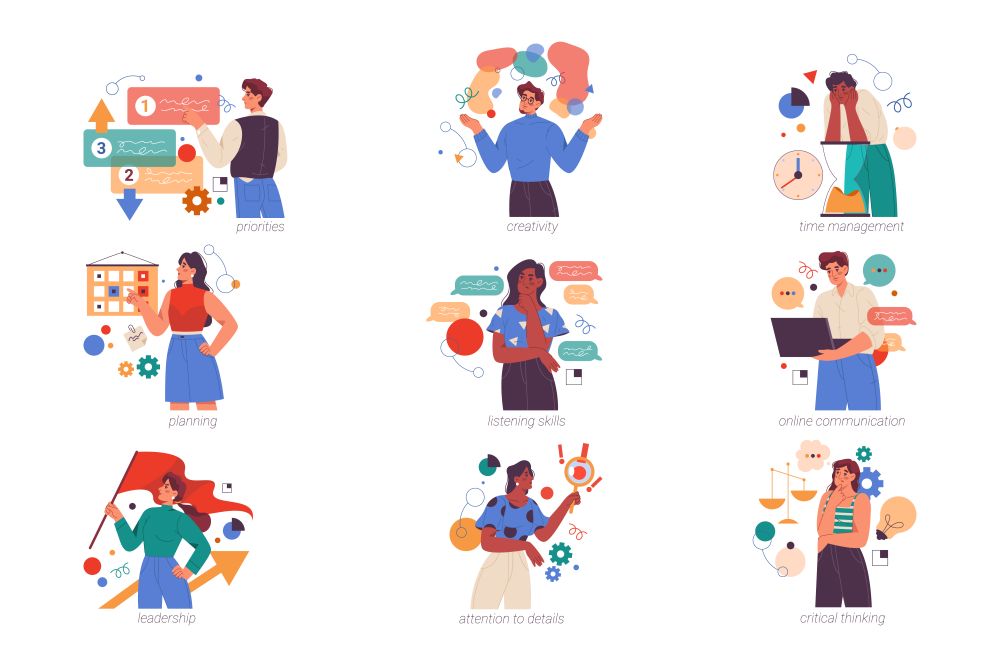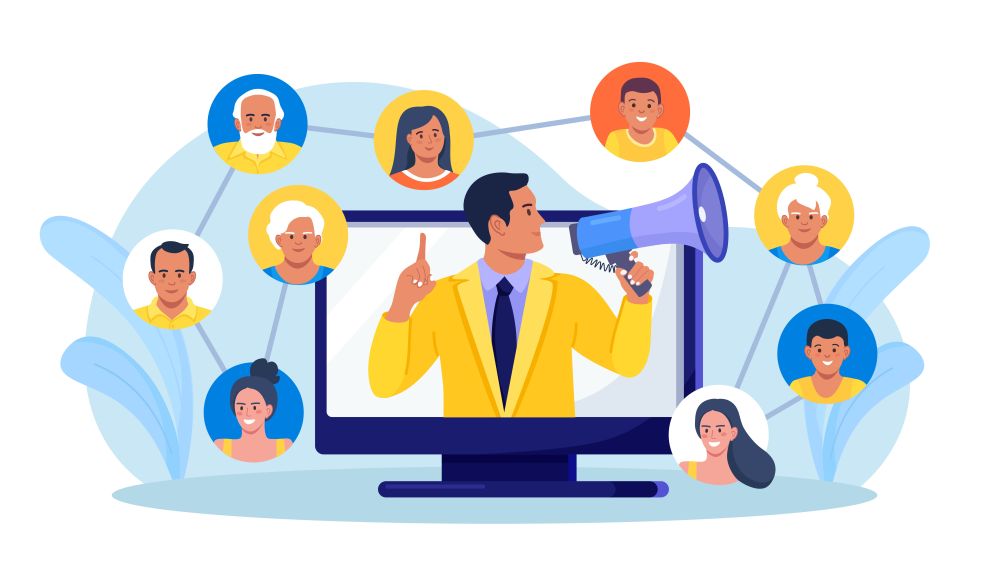Soft Skills at Workplaces - Never Underestimate Them
Posted 1 year ago
In today's fast-paced work environments, amidst all the focus on technology and specialized skills, soft skills are a quieter but powerful force at play. These less tangible qualities help people navigate professional relationships with finesse and effectiveness.
Soft skills are attributes and abilities that allow individuals to interact well with others at work. They include collaborating effectively, managing time wisely, and communicating clearly and empathetically. Soft skills are tricky because they're not easily measured or graded like technical skills. They live in the realm of emotional intelligence and people-centered abilities, making them essential for success across many industries.
Imagine a scenario where a project team is made up of people from different cultural backgrounds. Here, soft skills like empathy and cultural awareness become crucial for fostering teamwork and understanding. These skills not only enhance the work environment but also contribute to the team's overall success, making them a valuable asset for any organization. According to Prof. Dr. Muhammad Mukhtar, Vice Chancellor of the National Skills University Islamabad, above 60% of academic leaders comfort and success is linked with proper usage of soft skills.
Likewise, think about a customer service representative dealing with clients worldwide. Beyond just knowing the products or services, the ability to communicate clearly and connect with clients sets excellent service apart.
In today's global economy, where diversity is celebrated and teams often span continents, soft skills are not just beneficial, they are essential. They help build strong relationships, drive innovation, and create inclusive workplaces, regardless of the industry or geographical location. Recognizing and prioritizing these skills can lead to a harmonious and productive work environment, motivating employers to take action.
Soft skills should be valued more than technical expertise. Research consistently shows that they are not just beneficial, but critical for long-term career success.
To give soft skills the recognition they deserve, employers should prioritize them through training and by fostering supportive workplace cultures. As individuals, we have the power to enhance our soft skills through self-reflection, empathy, and stepping out of our comfort zones. This personal growth journey can be empowering, leading to a more fulfilling professional life and a sense of personal achievement.
In summary, soft skills are the essential human qualities that transcend technical know-how. They're the secret sauce for building successful careers and thriving organizations in an ever-changing world of work.





